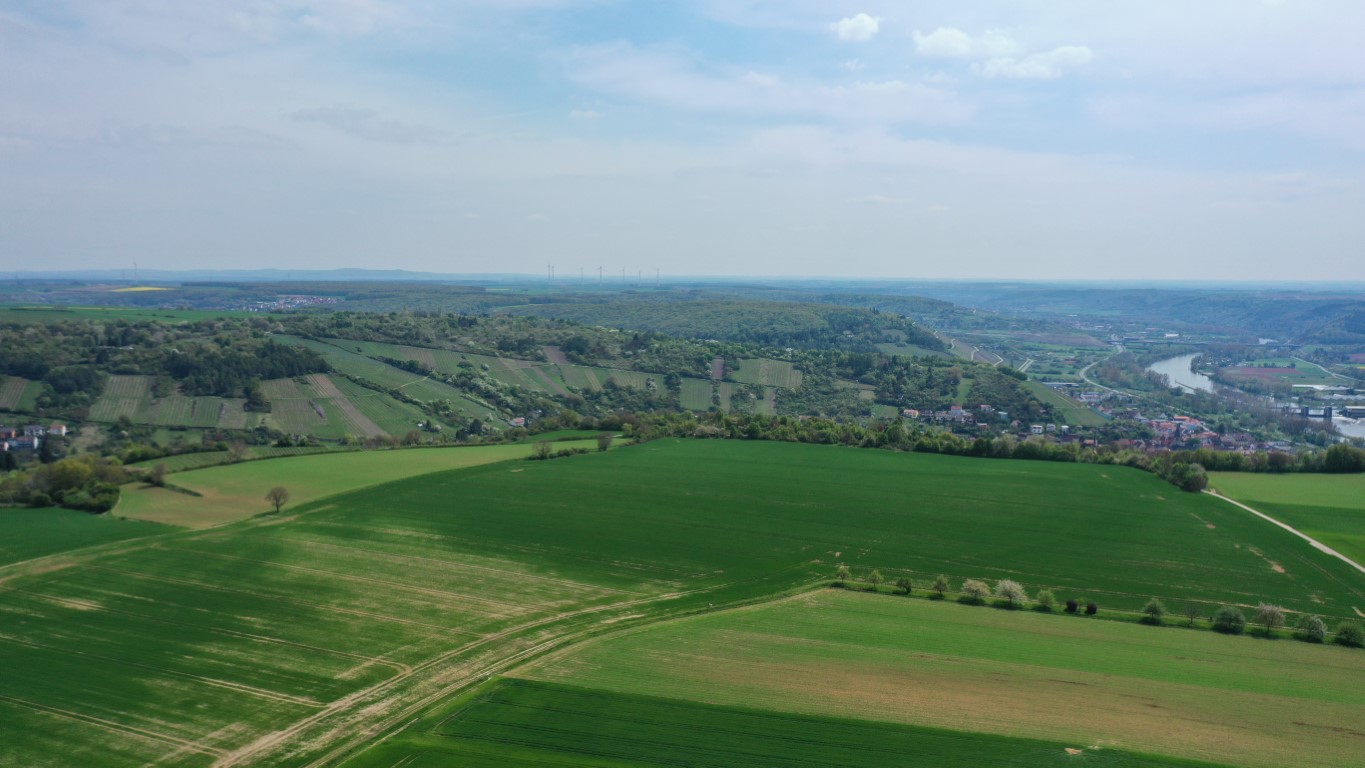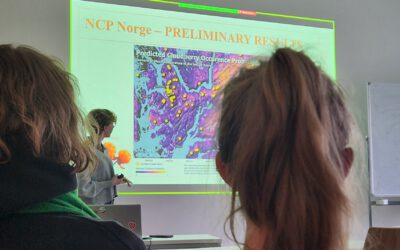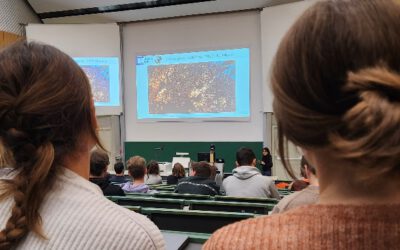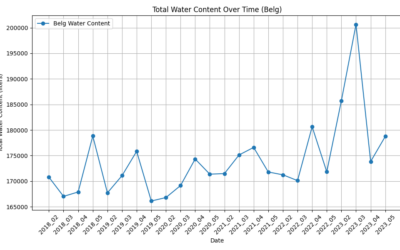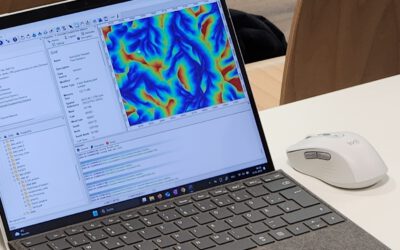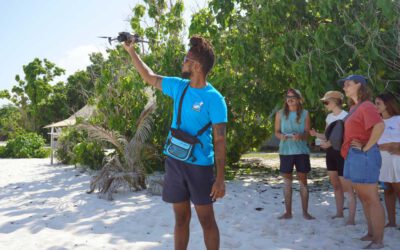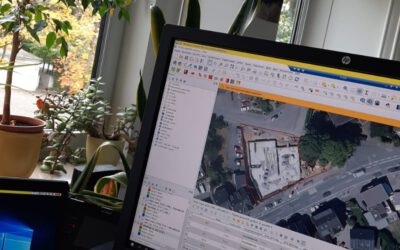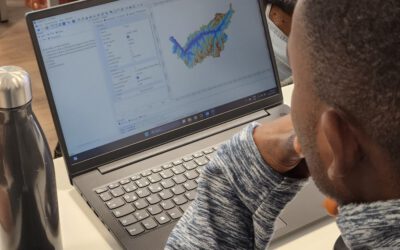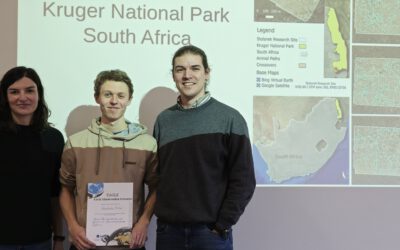On Friday,October 24, 2023 at 10:00 a.m. Vanessa Rittllinger will present her master thesis on “Detection of landslides in space and time using optical remote sensing data – A case study in South Tyrol”
From the abstract:
Landslides as a natural hazard cause damage and costs to infrastructure and human and are frequent in the province of South Tyrol, Italy. Existing landslide inventories can contribute to landslide risk management, adaptation, and mitigation planning. Further, landslide inventories are used to create landslide hazard maps and landslide susceptibility maps.
However, these maps require a complete landslide inventory with accurate spatial and temporal information about landslide events, which are due to different data collection techniques not always the standard. This research focuses on the use of optical remote sensing data to detect landslides in space and time. Therefore, time series analysis using the BFAST method is applied to detect abrupt changes. For the remote sensing data, a Sentinel-2 NDVI time series from June 2015 to December 2022 is used. Based on the parameter settings of the algorithm, the detected breakpoints and the magnitude of the change differ. A sensitive analysis of the critical parameter h is used to find the best way to detect landslides based on the reference landslide dataset. A landslide probability model is also integrated into the analysis to increase the confidence of landslide-related breakpoint detection. The results show that it is possible to detect the location and timing of landslides at the pixel level. However, based on the chosen data, parameter settings and the decision process for landslide classification, the use of this detection method is questionable. From the sensitivity analysis of the h parameter, the best-fit h parameter is h= 0.22 with an AUC of 0.69. After integrating the landslide probability information from a landslide susceptibility model the AUC value increase to 0.75. This study contributes to the further development of automated landslide detection on a regional scale and the assessment of the use of high-resolution Sentinel-2 for this purpose. F Further research on temporal classification towards binary classification for landslide related breakpoints and transferability towards applicability to other sites is required.
Hosting Institution: Eurac Research
1st supervisor: Prof. Dr. Tobias Ullmann
2nd supervisor: Stefan Steger, Center for Climate Change and Transformation, Bolzano, Italy

